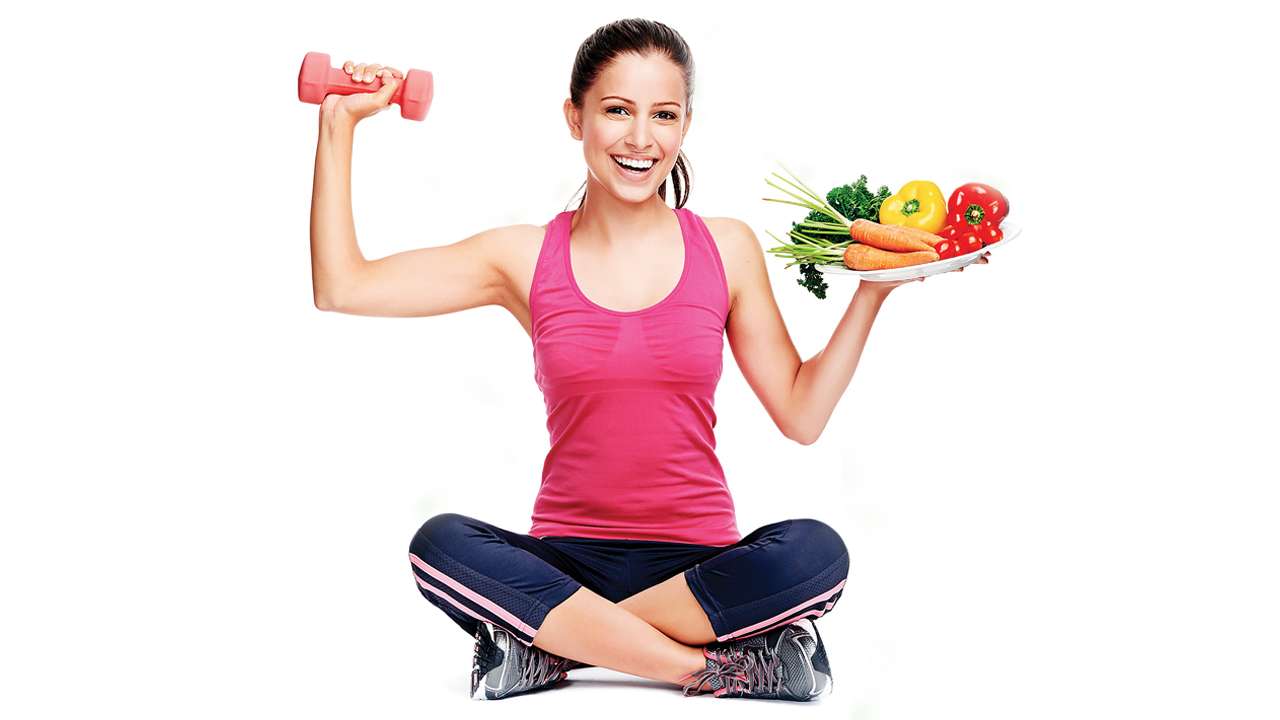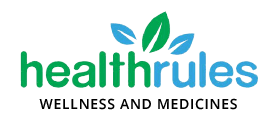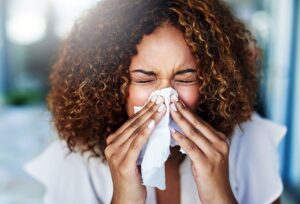
Eating and Exercise: Tips to maximize your workouts
Why exercise?
Regular physical activity not only helps improve posture, self-esteem and weight management, but also increases energy levels, muscle and bone strength, and reduces stress. risk of heart disease.
What is the recommended frequency?
- According to scientists, if you accumulate a total of 60 minutes of light physical activity each day, your health will improve.
- Anyone can participate in some form of physical activity. While it’s best to do more, every effort counts. Getting active is much easier than you might think!
Choose foods low in fat and high in carbohydrates
- Our body prefers to stock up on carbohydrates because they can easily be converted into glucose, a source of energy that is immediately used within cells. If not used as a source of energy right away, carbohydrates can be stored as glycogen, which will later be consumed by our cells.
- Eating foods that are low in fat and high in carbohydrates, such as crackers, or low-fat fruit yogurt about 1 hour before exercise will provide the body with the energy it needs for activity.
- The best sources of carbohydrate are brown rice, grains, whole wheat bread, starchy vegetables like carrots, and fruit.
- If your workout lasts longer than 30 minutes, eating a low-fat, high-carbohydrate food (low-fat apple or muffin) immediately after exercise or within 15 minutes will help replace the muscle glycogen reserve depleted during exercise.
What is the appropriate intake of protein?
- Despite what many active people believe, protein from foods like meat, chicken, eggs, or fish is not an important source of energy for exercise.
- While long distance runners and weight lifters might need more protein than the casual athlete, most of us will get more than enough protein from our regular meals and a variety of foods.
Watch your vitamin C and E intake
- Several studies have suggested that physical activity may produce free radicals – harmful particles that can damage cells and genetic material (DNA).
- It would then be important to consume foods rich in antioxidants, such as vitamin C and vitamin E.
- Strawberries, oranges, kiwis, olive oil, wheat germ and nuts are foods that contain a good proportion of these nutrients.
Foods rich in iron
- Studies have found that runners, especially women, may have low iron stores. This is said to be explained by lower iron absorption, reduced meat consumption, calorie restriction and blood breakdown caused by the constant pounding of the foot on the ground.
- Consuming foods rich in iron, such as dried fruits, fortified cereals, and meat, is important in this case.
Don’t forget to hydrate!
Water is a very important nutrient that is part of a good exercise program.
- Hydrate about 30 minutes before exercise, by drinking 1 cup of water or diluted juice.
- During physical activity, drink ½ to ¾ cup every 15 to 20 minutes.
- Within 30 minutes of exercising, drink plenty of water to replace the fluid lost through sweating.
Are you targeting weight loss?
So, it’s decided, you want to lose weight. You know, of course, that to achieve your goal you will need to decrease your calorie intake, but have you considered all the steps you will need to take to reach your target weight?
Once you’ve made the decision to lose weight, you’ll probably want to start while your motivation is at its peak. But if you don’t make a plan, you probably won’t have the tools you need to overcome obstacles; then it would be much too easy to give up and the risk would be great to regain the lost weight.
So, before you take any drastic measures and stock up on carrot sticks, you might want to consider the following points.



Average Rating